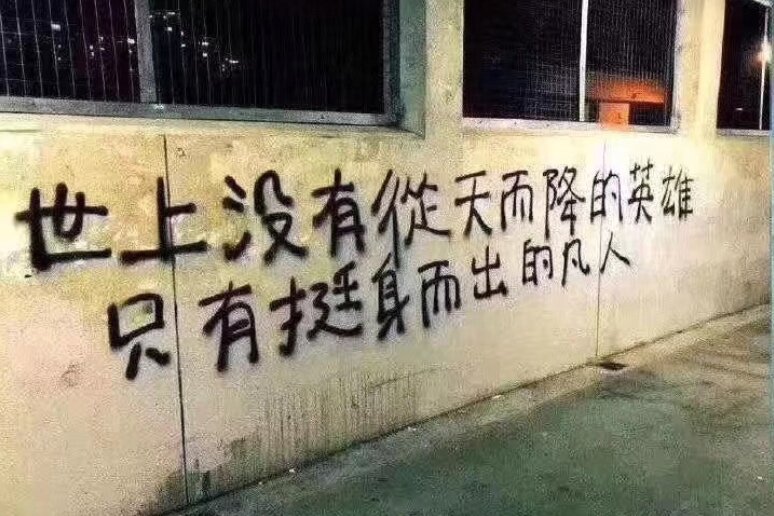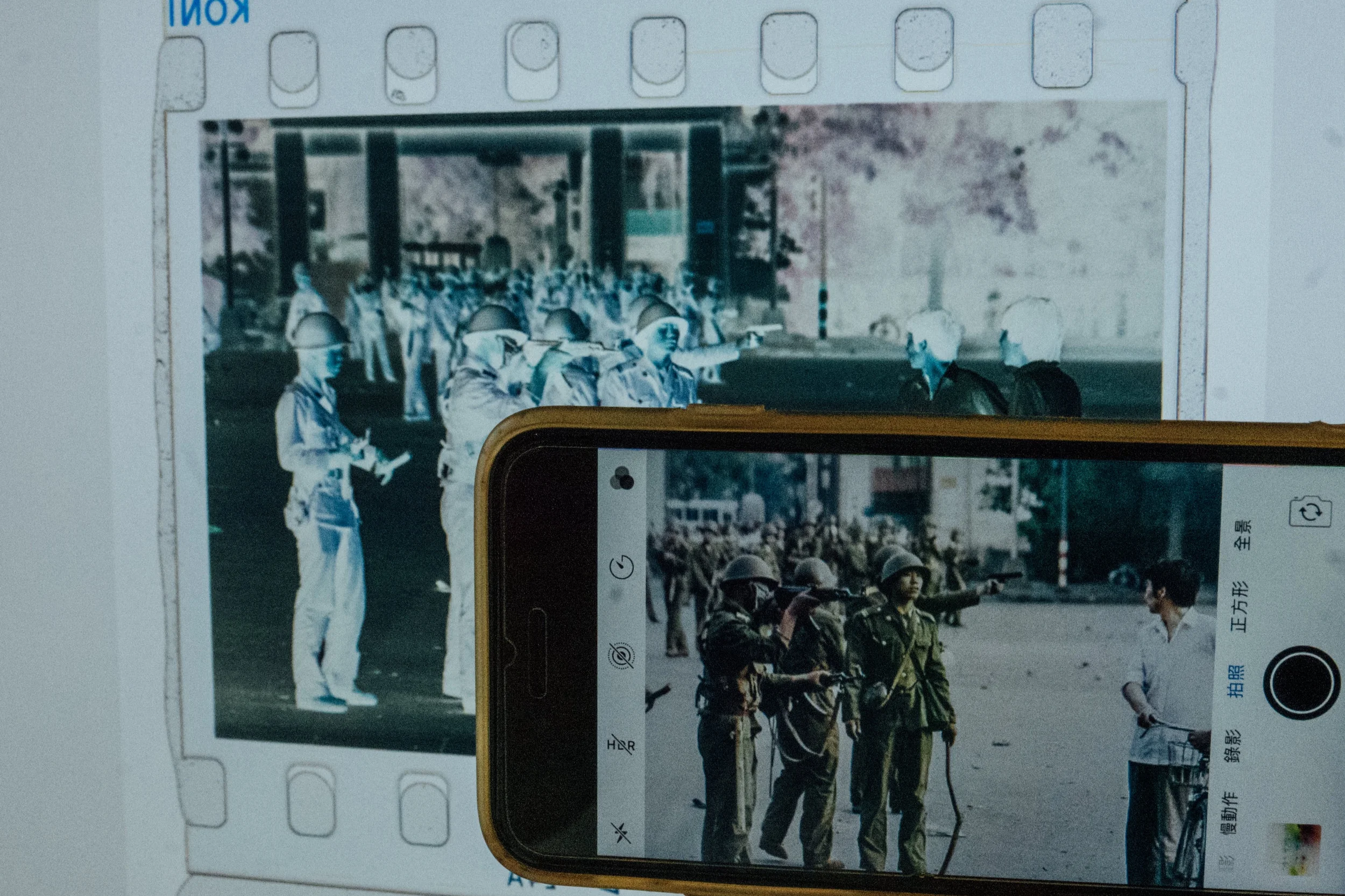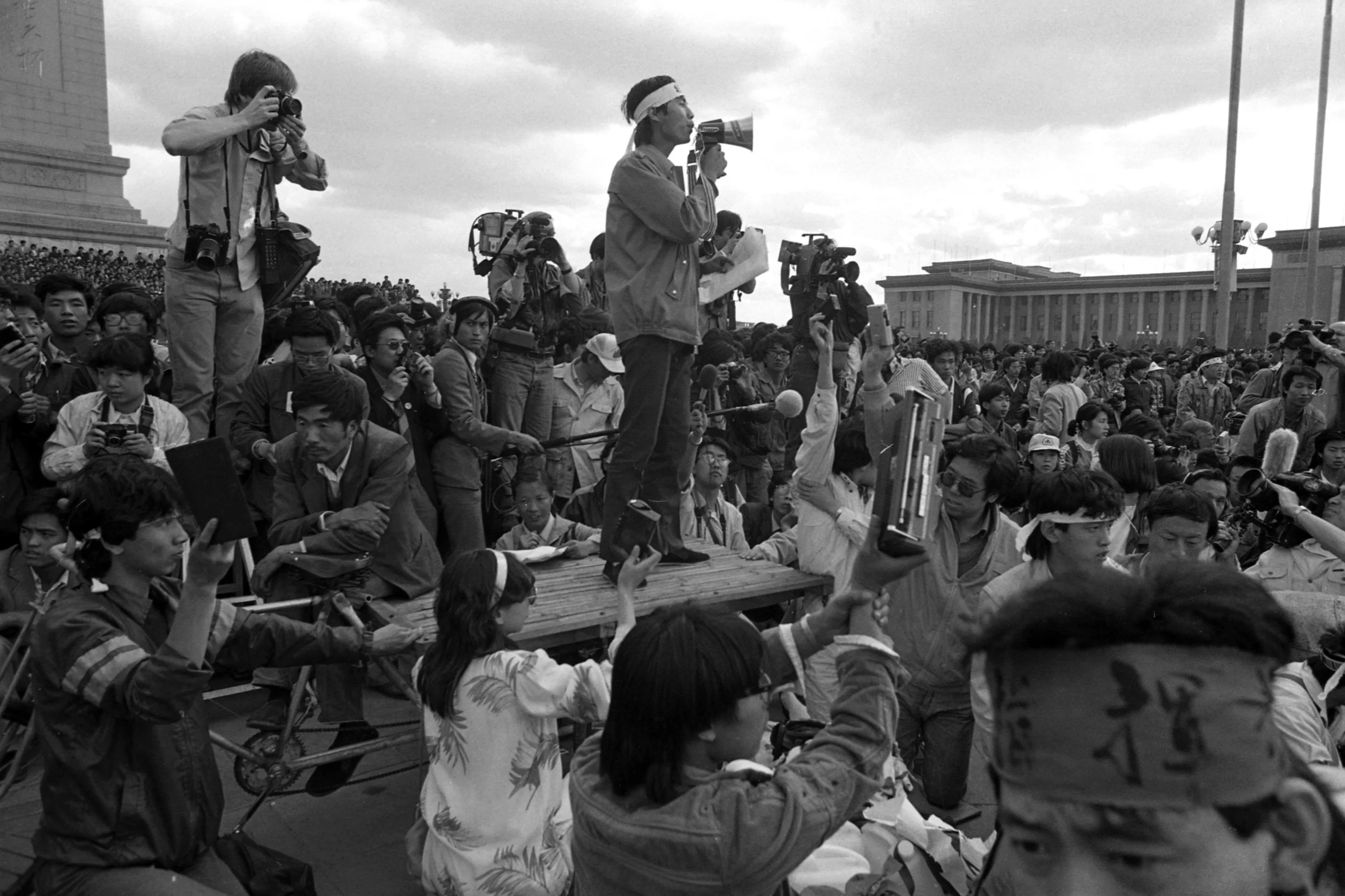The Taiwan Gazette translates and publishes original reporting from Taiwan, Hong Kong and China. Our goal with the platform is simple: We want original reporting from the Sinosphere to have a wider impact on global civil society.

Featured
Taiwanese businessmen in China have enjoyed the spoils of China’s economic reform and political development after Tiananmen. Doing business in China could be risky, however. It is easily affected by the profound instability of business-political relationship in China, the shifting balance of global power, and other factors. As the Chinese Communist Party celebrated its centennial in 2021, what might be the fate of Taiwanese businessmen in China?
In 2019, the China Film Administration banned mainland Chinese films and related personnel from participating in the 56th Golden Horse Awards. How did filmmakers, curators, and critics in Taiwan, mainland China, and Hong Kong react to this ban? What are the implications behind a Golden Horse Awards without China?
Following the death of Dr. Li Wenliang, a writer from China talks about the powerlessness of society to affect change.
In 2013, Tsai Ing-wen wrote a letter to the youth of China about the 228 Massacre, and expressed her hope for a future democratic China.
Exporting high-speed rail technology is a key goal of China’s Belt and Road Initiative, but their first project in Indonesia has been hit with delays.
Malaysia’s East Coast Rail Link was supposed to be a showpiece for China’s Belt-and-Road Initiative. But then the Malaysian government suspended construction, and a battle over the price tag ensued.
They were on opposing sides during the Tiananmen Square protests. One was a PLA soldier, the other a pro-democracy advocate. Fate arranged for them to meet in Taipei, 30 years later.
The Reporter interviews legendary Chinese photographer Xu Yong, a witness to the Tiananmen Square protests of 1989, and the author of the new photobook Negative/Scan.
Veteran photo-journalist Hsieh San-tai received his political education during the Tiananmen Square protests in 1989. Thirty years later, he’s finally ready to show his images to the public.
For migrant labourers in Shenzhen, living in an “urban village” is the only affordable option. But now even that is under threat.
Uyghur vendors were once a staple of cities all across China, now they’ve all but disappeared, says writer Fan Zhijie.
Chinese students of Han ethnicity don’t worry about getting sent to re-education camps, they fear their Uyghur language teachers will one day disappear.















